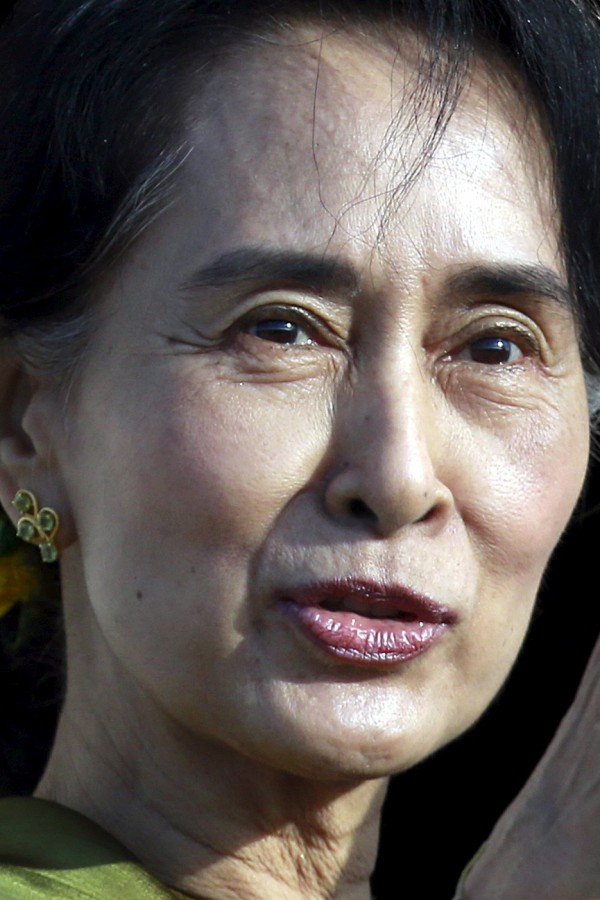Aung San Suu Kyi, 1945–

Date: 1945–
City of birth: Rangoon Country of birth: Burma Field of activity: Politics — activism, governance More detail coming ...
Quotes
Author
Members of the band U2 – Adam Clayton, Bono, The Edge, and Larry Mullen Jr.
Speaker
Members of the band U2 – Adam Clayton, Bono, The Edge, and Larry Mullen Jr.
Title of the publication
‘This We Never Imagined’
Other contributors
n/a
Publisher (or journal name with vol. and number)
U2 website
City of publication
Dublin
Country of publication (modern nation-state equivalent)
Ireland
Publication date
11 November 2017
Location [pp. or web]
https://www.u2.com/news/title/this-we-never-imagined
Original language
English
Genre
Statement
Context
In 2016, the Rohingyas of northern Myanmar were forcibly displaced by Burmese military, with subsequent rounds of violence. In 2017 Aung San Suu Kyi set up the Rakhine Advisory Commission, led by the late Kofi Annan, but its recommendations though agreed to by Aung San Suu Kyi, have not since been put into effect. She has not publicly criticized the Myanmar military during this period.
Author
Aung San Suu Kyi
Speaker
Aung San Suu Kyi
Title of the publication
‘The Reith Lectures’
Other contributors
Sue Lawley, host
Publisher (or journal name with vol. and number)
BBC Radio 4
City of publication
London
Country of publication (modern nation-state equivalent)
United Kingdom
Publication date
15 July 2011
Location [pp. or web]
https://www.bbc.co.uk/programmes/b012402s ; https://www.bbc.co.uk/programmes/b0126d70
Other location
http://downloads.bbc.co.uk/rmhttp/radio4/transcripts/2011_reith1.pdf
Original language
English
Genre
Lecture
Context
The Reith Lectures commissioned by the BBC and broadcast on BBC Radio 4 and the BBC World Service, are a series of annual radio lectures given by leading figures of the day. The lectures were inaugurated in 1948 by the BBC to mark the historic contribution made to public service broadcasting by Lord Reith, the corporation's first director-general.



